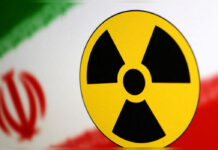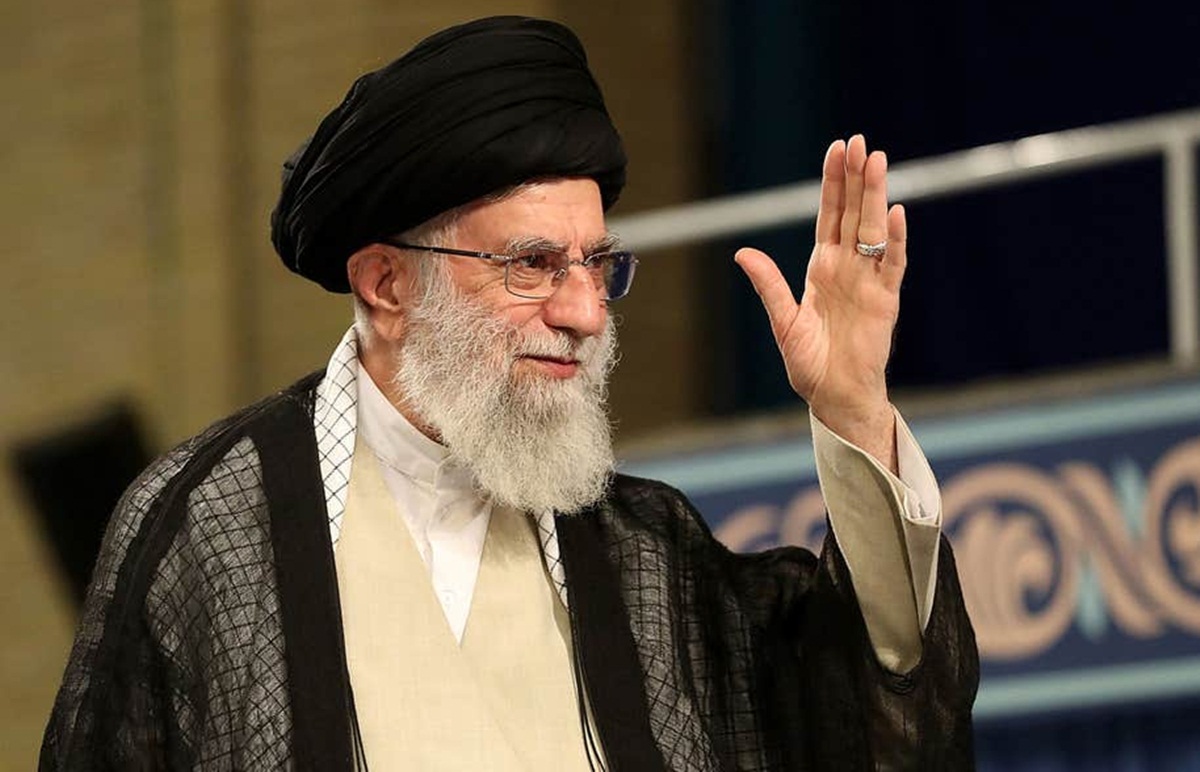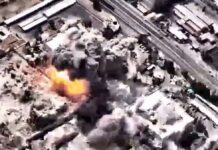In a significant escalation of tensions in the region, Israeli military officials confirmed on Saturday that Hezbollah chief Hassan Nasrallah has been killed in a targeted airstrike on Beirut. The announcement marks a pivotal moment in the ongoing conflict involving the Iran-backed militant group.
Lieutenant Colonel Nadav Shoshani, a military spokesman, stated on social media platform X, “Hassan Nasrallah is dead,” while Captain David Avraham further confirmed to AFP that Nasrallah had been “eliminated” following airstrikes on the Lebanese capital on Friday. The Israeli Defense Forces (IDF) echoed this sentiment, declaring, “Hassan Nasrallah will no longer be able to terrorize the world.”
Despite these assertions, Hezbollah has not publicly commented on the status of its leader since the airstrike, leading to speculation regarding his whereabouts and health. An unnamed source close to the group reported to AFP that contact had been lost with Nasrallah since Friday evening, coinciding with Israel’s announcement of his alleged elimination.
The airstrikes targeted Hezbollah positions in southern Beirut and continued into the early hours of Saturday, after the Israeli military warned residents of three buildings to evacuate prior to the strikes. This military action came just hours after Israeli Prime Minister Benjamin Netanyahu addressed the United Nations, pledging that Israel’s operations against Hezbollah would persist, further dampening hopes for an internationally supported cease-fire. Netanyahu had abruptly cut short his visit to the United States to return to Israel in light of the escalating situation.
The conflict has already resulted in over 720 casualties in Lebanon since it intensified on Monday, as reported by the Lebanese health ministry. The United Nations indicated that the number of displaced individuals in southern Lebanon has surged, with over 211,000 people now seeking refuge.
Additionally, at least 20 primary health care centers have closed in severely impacted areas, according to the UN Office for Coordination of Humanitarian Affairs. The conflict was ignited when Hezbollah began launching rockets into northern Israel in solidarity with Hamas following its incursion into Israeli territory, which has further intensified the ongoing Israel-Hamas war.
Top Israeli officials have issued warnings of retaliatory measures similar to those taken in Gaza if Hezbollah continues its assaults, raising alarm that the destruction seen in Gaza since October 7 could be replicated in Lebanon.








get clomid without rx where to buy cheap clomid without prescription clomid for sale in mexico where to buy generic clomid buy generic clomid without prescription where buy clomiphene without prescription clomiphene sale
Thanks for putting this up. It’s understandably done.
Palatable blog you possess here.. It’s obdurate to espy high status writing like yours these days. I truly appreciate individuals like you! Withstand guardianship!!
buy azithromycin 250mg online cheap – tindamax order online purchase flagyl online cheap
order rybelsus 14 mg without prescription – brand semaglutide 14mg purchase cyproheptadine pill
motilium tablet – order tetracycline 250mg online cheap order cyclobenzaprine 15mg sale
buy generic augmentin 625mg – https://atbioinfo.com/ buy acillin generic
order esomeprazole 40mg online – https://anexamate.com/ buy nexium 20mg pill
warfarin online buy – anticoagulant buy losartan generic
meloxicam 15mg generic – https://moboxsin.com/ mobic 7.5mg cost
prednisone without prescription – https://apreplson.com/ order generic prednisone
otc ed pills – fast ed to take site cheap erectile dysfunction pill
order generic amoxil – buy amoxicillin without a prescription buy amoxicillin generic
buy fluconazole 200mg for sale – on this site order fluconazole 200mg
cenforce buy online – order cenforce 100mg pill buy generic cenforce online
cialis generic 20 mg 30 pills – https://ciltadgn.com/ cialis copay card
cialis for blood pressure – tadalafil generic in usa buying generic cialis
zantac us – buy ranitidine 300mg pills order ranitidine 150mg generic
viagra buy south africa – strong vpls viagra sale northern ireland
Thanks on putting this up. It’s well done. https://ursxdol.com/levitra-vardenafil-online/
More posts like this would force the blogosphere more useful. https://prohnrg.com/product/loratadine-10-mg-tablets/
This is the kind of topic I have reading. https://aranitidine.com/fr/viagra-100mg-prix/
More posts like this would create the online play more useful. https://ondactone.com/product/domperidone/
Good blog you have here.. It’s hard to assign strong quality belles-lettres like yours these days. I justifiably respect individuals like you! Withstand vigilance!!
https://doxycyclinege.com/pro/topiramate/
This is a question which is near to my callousness… Many thanks! Faithfully where can I upon the contact details due to the fact that questions? http://www.zgqsz.com/home.php?mod=space&uid=847610
dapagliflozin price – on this site purchase dapagliflozin generic
buy orlistat cheap – https://asacostat.com/# orlistat 120mg for sale
I am actually thrilled to gleam at this blog posts which consists of tons of worthwhile facts, thanks for providing such data. http://www.kiripo.com/forum/member.php?action=profile&uid=1193200
You can conserve yourself and your family nearby being heedful when buying panacea online. Some pharmacopoeia websites operate legally and provide convenience, privacy, cost savings and safeguards as a replacement for purchasing medicines. buy in TerbinaPharmacy https://terbinafines.com/product/dapoxetine.html dapoxetine
More posts like this would bring about the blogosphere more useful. propecia risques
Thanks on putting this up. It’s evidently done.
Với giao diện mượt mà và ưu đãi hấp dẫn, MM88 là lựa chọn lý tưởng cho các tín đồ giải trí trực tuyến.
采用高效谷歌外推策略,快速提升网站在搜索引擎中的可见性与权重。谷歌外推
kuwin sở hữu kho game đa dạng từ slot đến trò chơi bài đổi thưởng, mang đến cho bạn những giây phút giải trí tuyệt vời.
betmgm DC online casino betmgm play betmgm Florida
Diversify your leisure with captivating games. In crown coin casino login, there’s everything for true gambling fans. Get free spins upon registration!
Get ready for sugary chaos in Sweet Bonanza — the slot that pays everywhere! Multipliers sweet bonanza tumble feature stack during bonuses for jaw-dropping wins. Play free or real money now!
Unleash the untamed for tamed fortunes. buffalo slot machine online explodes with free games, wild multipliers, and progressive prizes. Spin wild!
chumba casino big wins welcomes you with free Sweeps Coins and premium slot action. Daily bonuses keep the wins coming — redeem for cash prizes anytime. Play today!
Stop reading. hacksaw gaming stake winning. Create your Stake account right now.